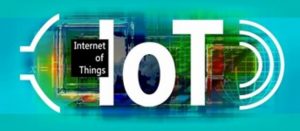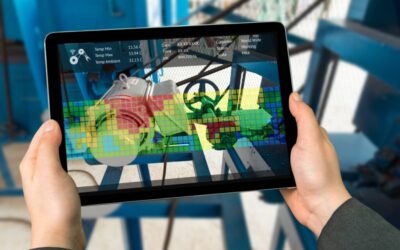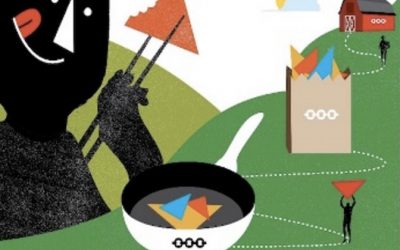Do marketers really understand the Internet of Things? Does anyone outside those involved developing Internet of Things technologies really understand what it’s about? Of course, it’s about connecting anything – everything – to the internet for control and/or data collection. This is far too simplistic a definition, however, and it is a gross over-generalization.
These issues were discussed by Jean-Paul De Clerck in a recent article for My Customer. In Marketing technologies 2017: A puzzling picture, De Clerck looked at the results from a study by Marketo.
 Marketo questioned marketers, splitting them into two categories – those from the US and those it called global (they were from the UK, France, Germany, and Australia).
Marketo questioned marketers, splitting them into two categories – those from the US and those it called global (they were from the UK, France, Germany, and Australia).
The questions were to identify the technologies that the marketer thought their company’s customers would start using over the next year, and the technologies the marketers planned to use in their marketing over the coming year.
The thing that stood out for De Clerck in the results was the emerging technology that global marketers are most likely to use over the coming year – it was the Internet of Things. Almost 44 percent said they would incorporate the Internet of Things into their marketing strategy.
A State of Confusion?
This is unusual for a number of reasons, not least because the Internet of Things isn’t, strictly speaking, a technology. Instead, it’s a general term used to describe the application of a range of different technologies. Many of these technologies are also used by marketers – predictive analytics, machine learning, AI, etc. In other words, there is a lot of overlap does seem to cause some confusion.
In addition, the application of the Internet of Things is considerably different depending on the industry you work in. For example, in the manufacturing sector it’s known as the Industrial Internet and its uses are very different to those in, for example, retail.
This leaves an obvious question – do marketers really understand these technologies?
International Differences
The Internet of Things came last on the list of emerging technologies that global marketers believed their customers would start using over the coming year. Despite this, it was top of their list of technologies they would start using even though there was a lot of cross over on the options for both questions – machine learning, AI, augmented reality, and virtual reality.
In addition, US marketers answered the questions differently. The technology that was on top of the list of things that marketers would use in their marketing plans over the coming year was predictive analytics – the Internet of Things was a distant second. With the global marketers, however, predictive analytics was fifth out of eight options (including “none” and “other”).
In summary, this indicates that:
· There may be confusion about what the Internet of Things really is
· There are clear differences in technology perceptions between the US and other western countries
· Whatever the perspective, the focus has always got to be on the customer
Big Data and related technologies – from data warehousing to analytics and business intelligence (BI) – are transforming the business world. Big Data is not simply big: Gartner defines it as “high-volume, high-velocity and high-variety information assets.” Managing these assets to generate the fourth “V” – value – is a challenge. Many excellent solutions are on the market, but they must be matched to specific needs. At GRT Corporation our focus is on providing value to the business customer.
Electrical Industry Predictive Asset Maintenance
Through electrical signature analysis (ESA), GRT PowerLink performs careful electric asset health monitoring,...



